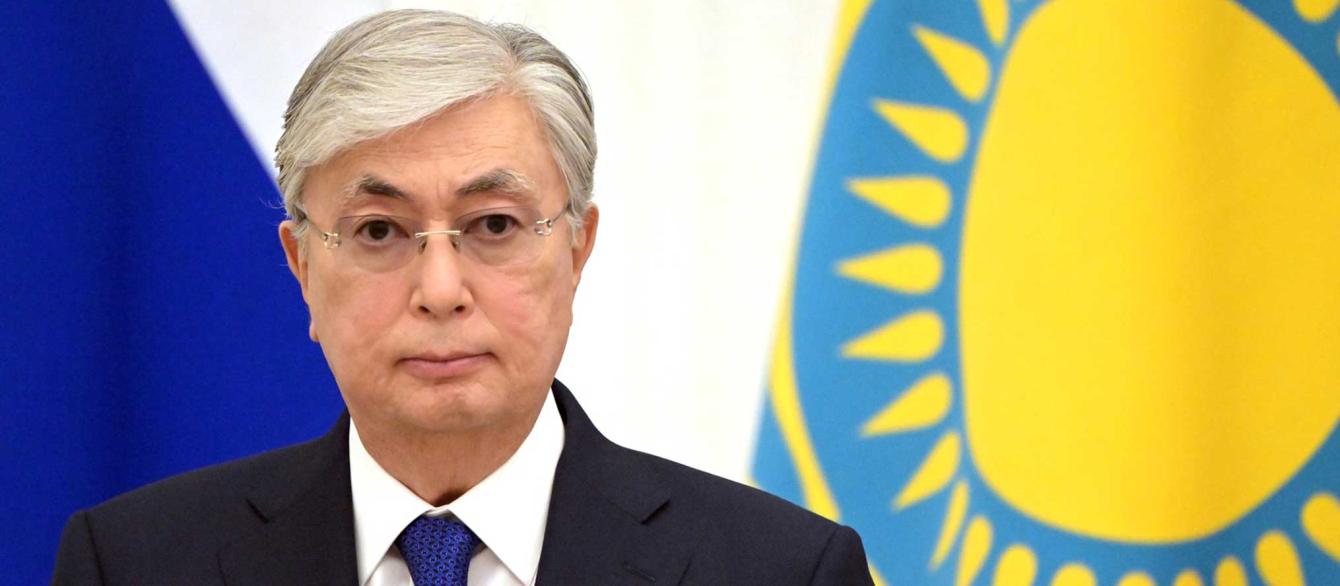Kazakhstan is trying to position itself as an open, entrepreneurial nation — one that’s a good neighbor and useful partner for President Vladimir Putin’s isolated Russia, but also one that isn’t closed off from the rest of the world.
But as the geopolitical division between Moscow and the West continues to widen, this will certainly to be a hard feat to pull off.
The difficulty of this task was on clear display this month, as Kazakhstan’s President Kassym-Jomart Tokayev reassured European Union leaders they could depend on him to help the 27-nation bloc overcome its energy crisis. However, just the next day, a court in Novorossiysk — Russia’s Black Sea port — ordered the month-long closure of an oil pipeline coming from Kazakhstan, which sends supplies to Europe.
Ostensibly, the shutdown order was in response to violations of oil spill regulations. However, when Tokayev later instructed the government at an urgent Cabinet meeting to prioritize the development of the Trans-Caspian corridor, bypassing Russia for Kazakh oil, the court revised its decision, substituting the suspension with a fine instead. This reversal has now raised suspicions that the court’s actions, as well as earlier disruptions caused by damage to the loading facilities from a storm in March and the search for World War II mines in the port aquatoria in June, were politically motivated and part of a sanctions tit-for-tat between the West and Russia over the war in Ukraine.
Read More
The full text of the article is available via Politico.






